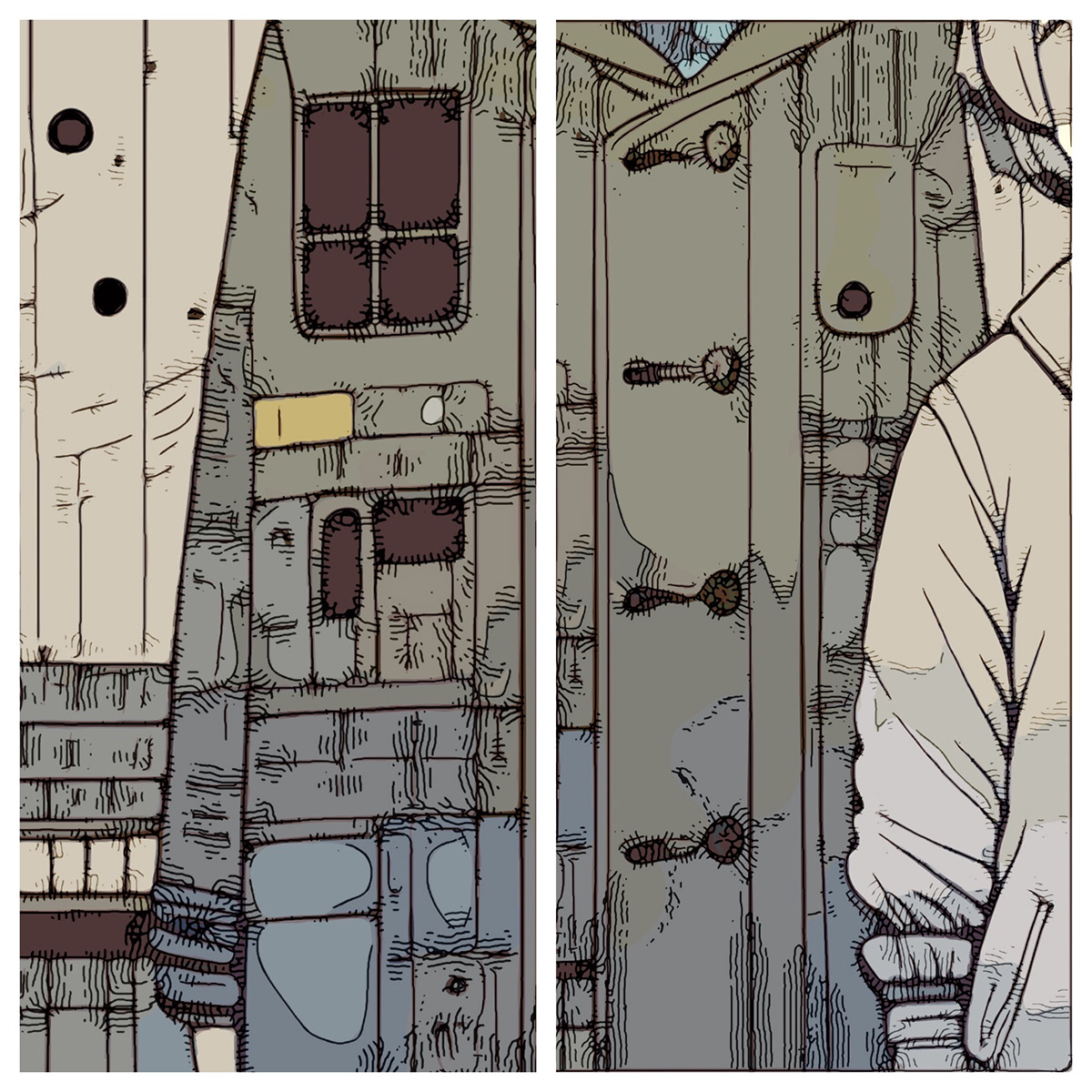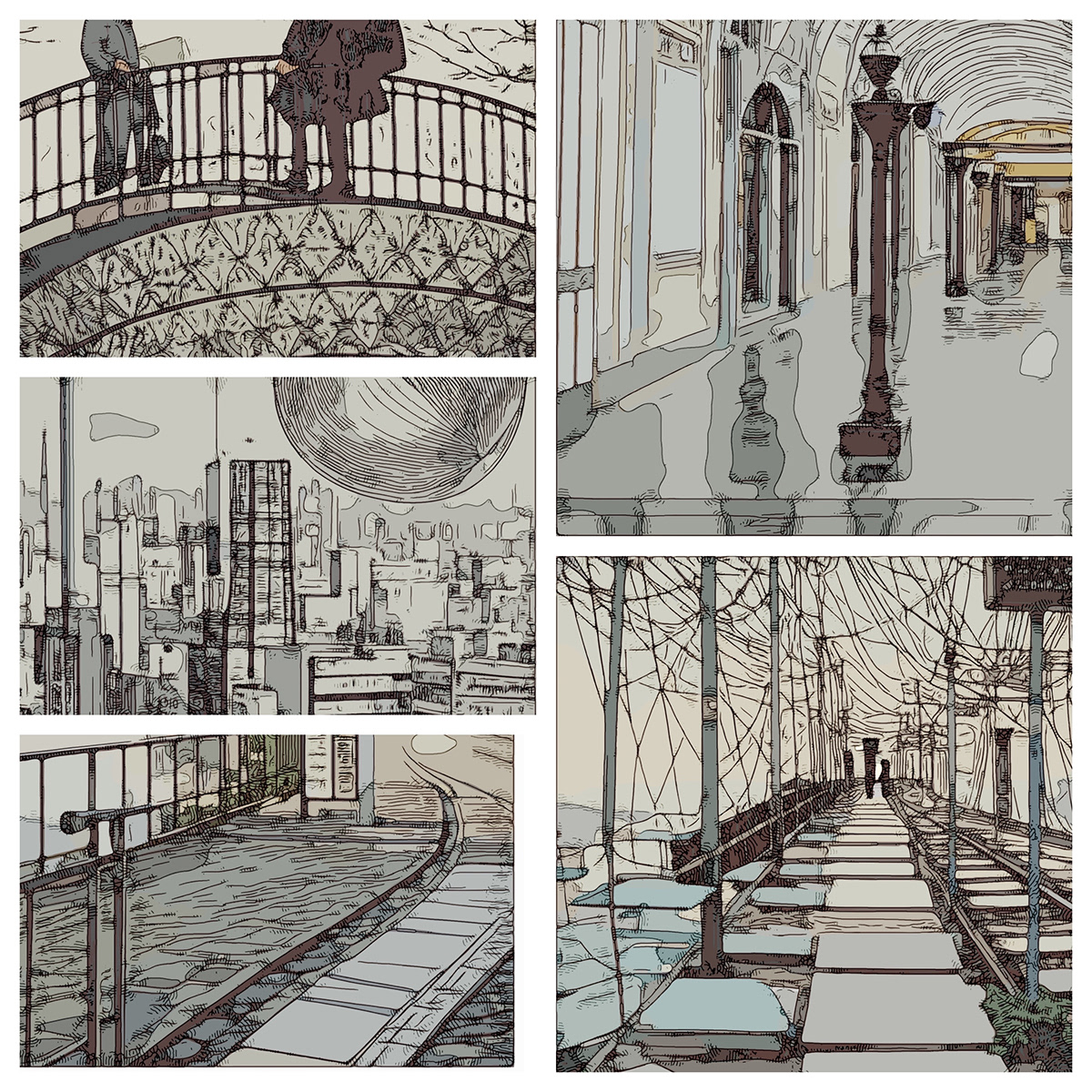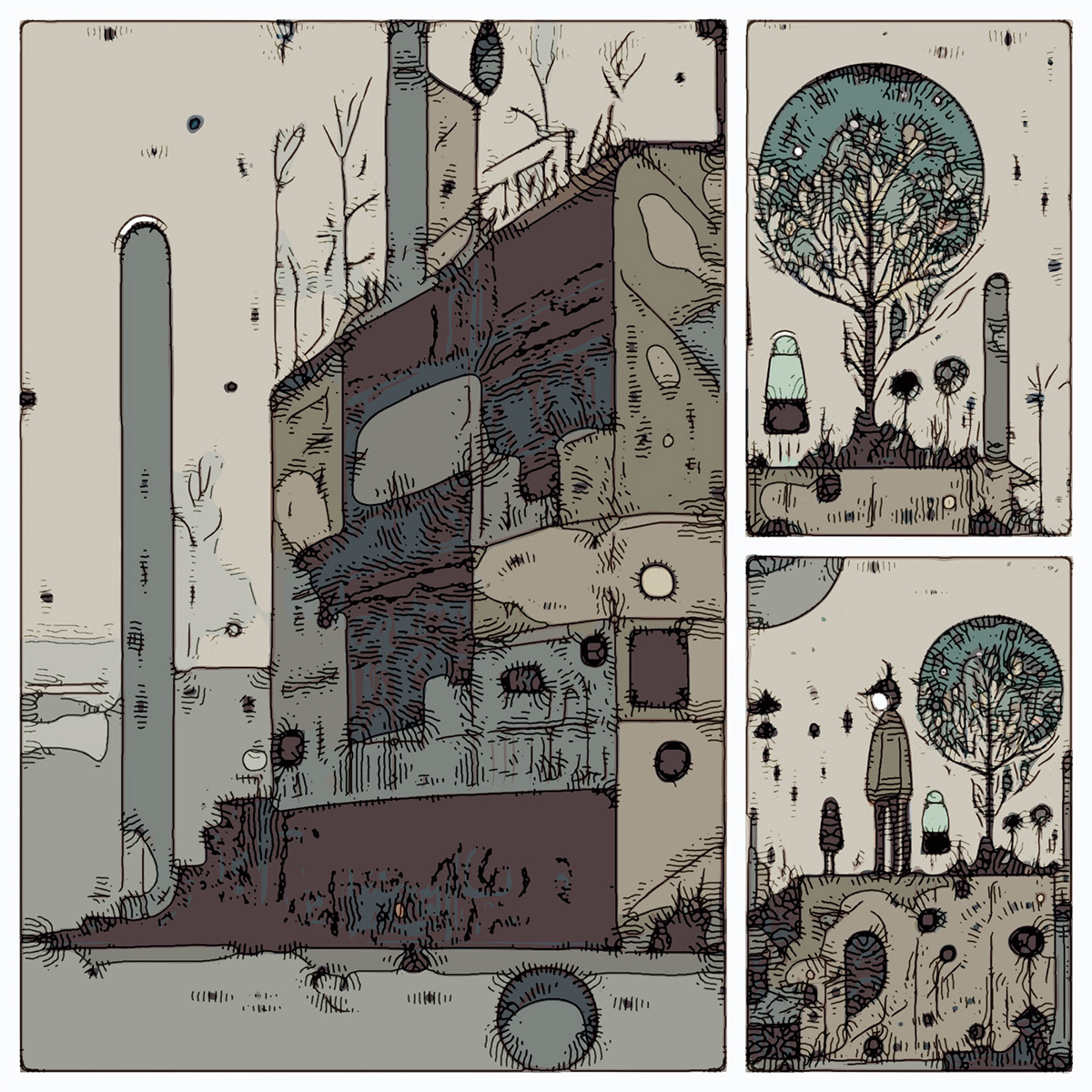
Milan Kundera's The Unbearable Lightness of Life begins with a description of the monstrosity of Nietzsche's idea of 'the eternal return'.
According to Nietzsche, the weight of life is achieved only when one is willing to let what has happened in one's life happen again. One must assess one's life and one's actions in a dimension that is beyond the one one actually lives in: namely in the dimension of a choice that commits eternally.
For Kundera, Nietzsche is thereby saying something about what the relationship between lightness and heaviness is. Lightness is the perception of life that everything is just an unfolding of random events and influences over which one is not in control and which contains no pattern. You have ease when you 'flow with the flow', you could say.
But gravity is being committed to something that contains some sort of center. Regardless of the fact that there are no higher reasons why I love this particular woman or fight this political battle, this is exactly what defines me. Lightness is the luxuriant life, heaviness is assuming a form of destiny.








I was in Prague just after the fall of the wall.
I have many memories from my trip. I was lucky enough that we could stay with my design studio boss, who came from Prague. We could stay with her mother.
It turned into a week of long walks, Prague's Old Town (Staré Město pražské), the Astronomical Clock, looking at churches, meeting a clever photographer, Charles Bridge (Karlův most), Prague's medieval castle, Pražský hrad, the Royal Palace (Královský Palác), the State Opera
It was early autumn 1989.
We were two young people who wanted to experience the situation behind the Iron Curtain after the fall of the Wall. My good friend, Birgitte, and I took a train trip to East Germany, Prague and back to Berlin.
A visa was needed for East Germany. Fortunately, the Wall fell in November 1989 and East Germans could travel to West Germany as they saw fit, but people from Western European countries could not easily travel to East Germany.
A group of countries was opened up at a time - first West Germany, then other German-speaking countries and gradually the rest.
At the transition to East Germany, the East German border guards were as rude as they used to be.
But on the trip back from Prague to East Berlin something had happened. It was past midnight when the border guard came through the train: "Ausweis, bitte!" When he saw my passport he said: "Die Dänen brauchen keinen Ausweis mehr." "When did you say?" I asked. The officer looked at his wristwatch and replied: "Seit einer halben Stunde."
It was a remarkable time. I subsequently read many books, watched films and heard music from Czechoslovakia. And a lot of Milan Kundera


